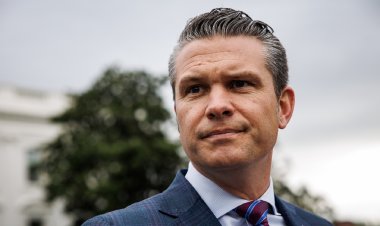Russian central bank suspends purchases of US dollars
The Bank of Russia is set to halt its activities in the foreign exchange market beginning Thursday in an effort to decrease fluctuations in the ruble.. source:TROIB RTS

This decision follows a significant decline in the value of the Russian currency, which dropped to nearly record lows, reaching 114 rubles against the US dollar on Wednesday.
Additionally, the central bank stated that it will continue to sell foreign currency to help replenish the National Wealth Fund, with current operations valued at 8.4 billion rubles per day.
The timing for resuming foreign currency purchases will depend on “the situation on the financial markets,” according to the central bank. The postponed dollar purchases are now expected to take place during 2025, as indicated by the regulator.
This action mirrors a similar measure taken last year when the Bank of Russia suspended dollar purchases from August 10 until year-end in response to Western sanctions, aimed at curbing the rapid depreciation of the ruble.
The recent decline of the ruble is attributed to increasing geopolitical tensions and ongoing Western sanctions. Just last week, the US implemented additional restrictions on the Russian financial sector, targeting Gazprombank, the nation’s third-largest bank, which is instrumental in facilitating payments for energy exports.
Analysts from Rosbank have noted that new rounds of restrictions may further complicate foreign trade transactions and diminish incentives for foreign-exchange liquidity to flow into Russia. “The current trend of a weakening ruble may prove sustainable on the horizon of 2025,” they observed.
Before the central bank’s announcement on Wednesday, analysts had forecasted the ruble could depreciate to 119.8 against the dollar next year, driven by geopolitical issues and a lack of motivation on the part of authorities to stabilize exchange rate fluctuations.
Experts contend that a weakened ruble could assist the Russian government in bolstering its budget. A substantial portion of revenue from energy exports is denominated in dollars and euros, which now translates to a higher yield in domestic currency.
Russia’s Finance Minister Anton Siluanov stated on Tuesday that a weak ruble is also advantageous for exporting companies, as it mitigates the adverse effects of the central bank’s elevated benchmark interest rate.
Olivia Brown for TROIB News
Find more stories on Business, Economy and Finance in TROIB business












